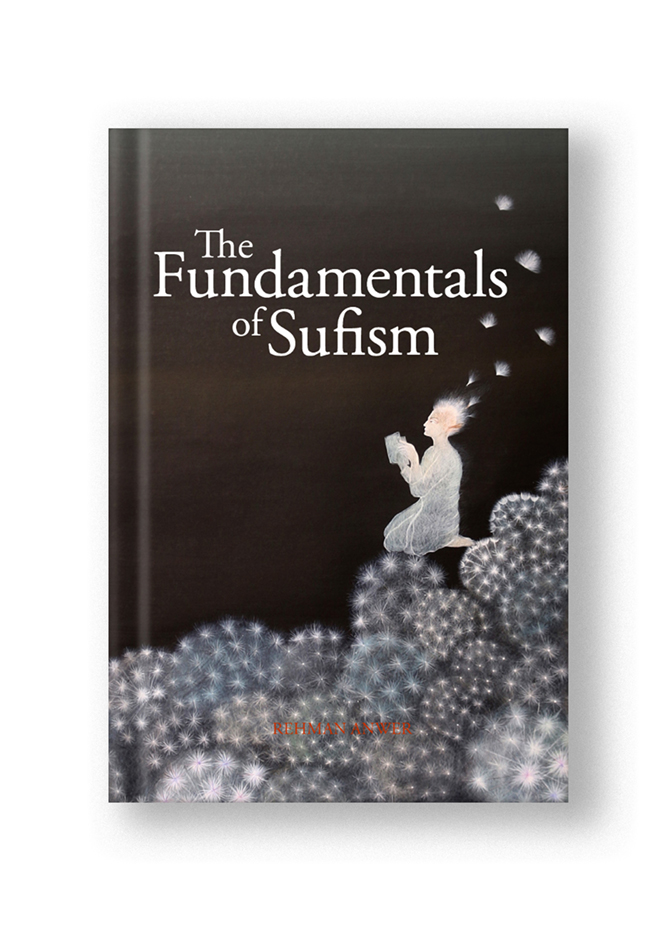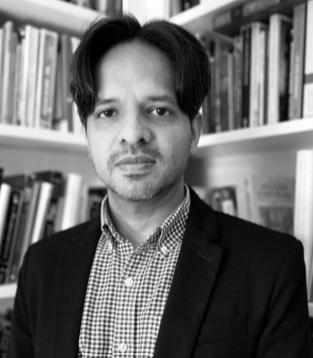
The Fundamentals of Sufism
Publisher: Broken Leg Publications

500 .00 RS

Rehman Anwer
About Book
The Fundamentals of Sufism is an attempt at discussing core elements and key areas of Sufism from a layperson’s standpoint. Along with discussing basic definitions, essential principles, beliefs and practices of Sufism, the author has addressed some common myths and misunderstandings as well. In this context, he has highlighted the deeply flawed ways in which Sufism has been discussed by certain Islamic scholars, and how Sufism and Islam were consciously separated by European orientalists. The book also explores the gendered dimensions of Sufism and the significant role of women in its development. The author has also discussed Sufism in the modern world, whilst identifying some contemporary practices which are presented as Sufism, but in fact are antithetical to core Sufi beliefs.
About Author
Rehman Anwer, the author, was born and raised in Lahore, Pakistan and studied human rights at Kingston University, London. He is an activist and has been working on several human rights-based campaigns in the U.K. Rehman is currently serving as a public servant focusing on promoting community cohesion and tackling hate crime. His published writing has primarily highlighted human rights violations and societal issues. The Fundamentals of Sufism is his first book. Belonging to a family associated deeply with Sufism, Rehman was introduced to many concepts at an early age. His father, the late Hazrat Ikram Ludhianvi was a writer and Sufi of the Chishti Sabri order and was visited by a range of people seeking answers to their problems, or merely discussing matters pertaining to the soul; growing up, Rehman observed and absorbed these experiences. However, since Rehman was only thirteen years old when his father passed away, he attributes a lot of understanding of Sufi concepts to Hazrat Syed Ahmed Mian. Eventually, he realised a need to bring these esoteric ideas to the layperson in an accessible manner. The book was Rehman’s project during the first Covid-19 lockdown in the United Kingdom. I have travelled extensively, worked with international organisations and met countless people, says Rehman, but what stays with me is the peace I saw on the faces of the people who sat in our drawing room along with my father. The Sufis I grew up with were the finest people insofar as their manners, intelligence and humanity were concerned. Their approach to life was at odds with modern capitalism. They sought no acknowledgement for the work they did for others. Therefore, this short book is an attempt to explore Sufism from a beginner’s standpoint.”






